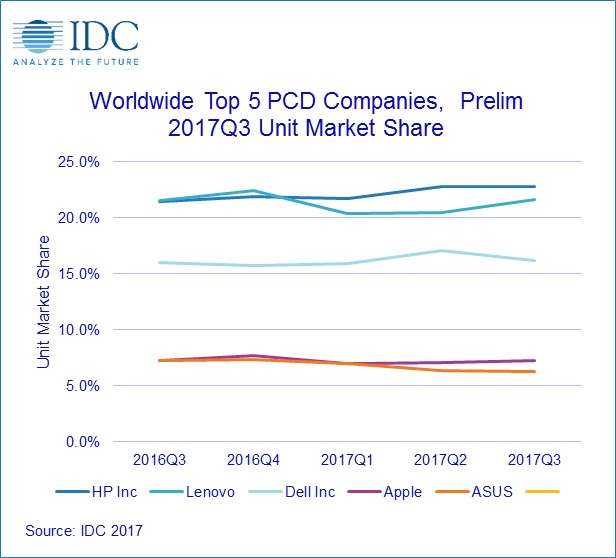FG: Nigeria to be world’s ninth largest economy by 2050-Onu

Technology has transformed the world into a global village, but the imperative of country’s dependence for decades on a single commodity economy, crude oil instead of diversifying its economy calls to question why the country came up and approved a 13-year Science, Technology and Innovation Roadmap for Nigeria.
Investigation by The Daily Times revealed that the Roadmap became the last resort after the Federal Executive Council was inundated with memos that the country had always been constrained to contract major projects such as the building of refineries, roads, bridges, products and services to foreign companies, whereas the government is preaching on local content and made in Nigerian goods.
Minister of Science and Technology Dr. Ogbonnaya Onu has decried this negative trend of underdevelopment, which he said is one of the reasons that prompted FEC to approve the 13-year blueprint, 2017-2030.
He informed journalists that the difference between developed countries which are rich and developing nations which are poor is embedded in science and technology.
The imperatives for the Roadmap, he added include rising rate of unemployment, worsening level of poverty and the country’s inability to build a self-reliant nation.
“This Roadmap will prepare Nigeria to be a truly great nation where we will have the capacity to use the natural resources we have to meet our needs as a nation that is self-reliant,” Onu said.
He underscored that the current projections of the federal government are meant to position Nigeria to be the world’s ninth largest economy by 2050, stressing that this is not possible without science and technology.
He lamented that the country’s dependence for decades on a single commodity economy, crude oil, is the worst experience in Nigeria’s history of underdevelopment, but lauded the Federal Government for designing a blueprint for the scientific advancement and technological development of Nigeria, even though it was overdue.
Nigeria being a consumer nation, he said is a direct consequence of the lack of a well-articulated science and technology roadmap for the country; including being a periphery to developed economies and over-reliance on imported goods and the burdensome pressure on the naira.
Investigation has also shown that abinitio, implementation has been the bane of most of the policy thrusts of the blueprint of past administration coupled with the quest to jettison policy by new regimes.
The apprehension being expressed in this current roadmap stem from the fact that even the National Development Plans we had in the past were each prepared for a period of five years, while this technological roadmap will outlive this present administration whether it spans between four and eight years.
According to the minister, there must be a solid intellectual foundation for the roadmap, starting with the country’s school curriculum and by making the learning of mathematics at the basic and secondary schools which students abhor to be friendlier, because it is the subject upon which science and technology is built.
He maintained that the Roadmap is also unlikely to work without an industrialization policy except the nation’s manpower is spelt out by the blueprint in the light of a technologically-driven economy.
He listed the basic requirement for the success of the Roadmap and for the scientific and technological development of any nation to include infrastructure, well-equipped laboratories and steady power supply.
He canvassed for a deliberate policy to improve upon its level of funding to universities and research institutes, stressing that some countries including South Korea spend 4 per cent of their Gross Domestic Product (GDP) on research, while Nigeria currently spends 0.22 per cent of its GDP on research.
He noted that strategic policies are also required to encourage, or where necessary, compel the private sector to fund research initiatives.
The National Research and Innovation Fund, the minister said must be made functional and secured from corrupt practices in order to lead the country to a knowledge-based and innovation economy.
Caption picture Tech Times July 18
- Executive Vice Chairman, NCC, Prof. Umar Danbatta
-
Drew van Vuuren, Data Protection Officer, ESET South Africa
-
Chris Uwaje, Africa chair for World Forum on Internet of Things.
4.L-R: Head Corporate Marketing, LG Electronics West Africa Operations, Mr. Hari Krishna Elluru; Sales Manager, LG Electronics West Africa Operations, Mr. Saheed Adeyemi; Corporate Marketing Manager, LG Electronics West Africa Operations, Mr. Paul Mba, and Sales Head, LG Electronics West Africa Operations, Mr. Vijay Bakshi, during the CAC Elan Expo Exhibition held in Lagos.








